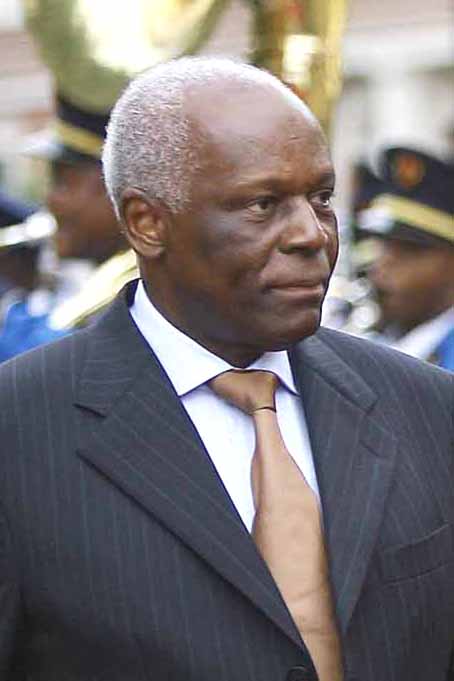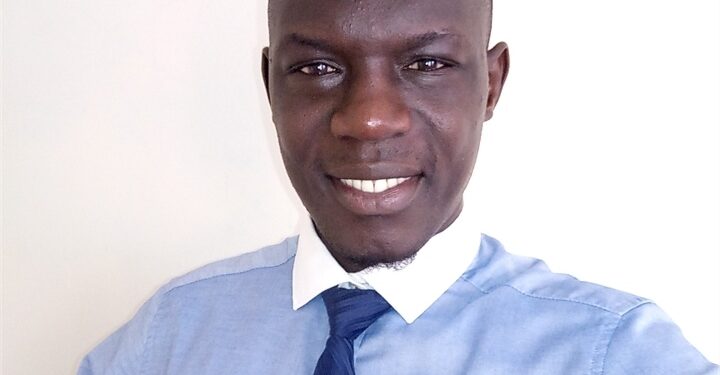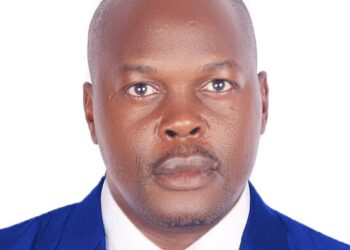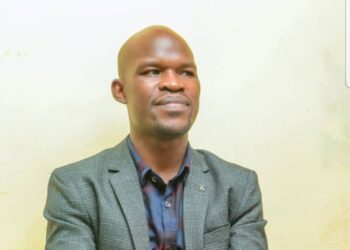Former Angola President José Eduardo Dos Santos joins a long list of Africa’s Presidents to meet death miles away from their countries. Just like his predecessor Agostinho Neto who died in Moscow in 1979, the former president too lost his life to cancer in Barcelona at a clinic as reported by the Angola government.
Early this week, the media reported he was critically ill. For nearly four decades, Dos Santos ransacked Angola’s wealth with impunity. Depriving the 29 million citizens of their economic and civil rights in equal measures.
Born on 28th, August 1942 in Luanda the capital of Angola,Dos Santos joined the People’s Movement for the Liberation of Angola (MPLA) while in school. This party led Angola to independence from the Portuguese colonial government and has since retained its power to date. He earned degrees in petroleum engineering and radar communications while studying in the Soviet Union. He then held several positions including minister of foreign affairs during the reign of the country’s first post-independence president Agostinho Neto.
Following the death of Neto in 1979, Dos Santos was elected president thereby inheriting a civil war against the west-backed communist rebels headed by Jonas Savimbi under the National Union for the Total Independence of Angola (UNITA). This civil war ended in 2002 following the killing of Savimbi by Angola forces. The MPLA Angola civil war against UNITA stretched from 1975 right after independence to 2002 claiming over half a million lives. Over 4 million people were left displaced and nearly 700,000 became amputees as a result of planted land mines all over Angola. The MPLA organised periodic sham elections to camouflage itself as a functional democracy with UNITA being the major political rival to date.

Dos Santos juggled government administration with a keen eye on its resources and full grip on the military, police and national purse purposely to enable him to stay in power indefinitely. Dos Santos tactically avoided sharing the same script with other dictators, the reason he was secretive in administering his iron fist on his opponents.
The economy crumbled severely even when oil earnings grew spontaneously as reported by the World Bank. Angola’s poverty levels were worrying yet his family lived an opulent life. Slums would be visible a stone’s throw away from the country’s state-of-the-art hotels.
Journalists and tourists were always cautioned not to film such neighbourhoods by state agents.
One of the major aspects of dictators is having endless chains of patronage systems purposely for wiretapping.
He appointed his daughter Isabel Dos Santos to head the state oil company Sonangol. Isabel siphoned wealth to a tune of $3.3Bn and was named Africa’s richest woman in a country where people live on less than $2 per day. His son Jose was head of the country’s sovereign wealth fund created by Eduardo to make investments using the nation’s oil wealth. Most of Eduardo’s family members were employed in key government installations and investments ranging from Telecom, cement, banking, oil and security.
Angola had witnessed an economic boom at the end of the civil war in 2002 but critics say the wealth had only benefited his family and a small elite clique close to his family. He used Angola’s oil and diamonds to turn his family members into billionaires while leaving Angolans among the poorest on the planet.
In 2017, Dos Santos resigned amidst local and international pressure for his authoritarian rule. He hand-picked his defence minister Joao Lourenco a former commander in the MPLA armed struggle to take over.
In a bid to win favour, Mr Lourenco restructured government operations. Most of his measures pitted the Dos Santos family and their ill-gotten wealth.
Isabel was dismissed by the new president over allegations of corruption. The entire Dos Santos family faces similar criminal charges including money laundering and human rights abuses.
Jose Filomeno De dos Santos the son of Dos Santos is currently serving a prison sentence in Angola over a $500M corruption case.
Valter Filipe a family member and former governor of the National Bank of Angola was also sentenced to eight years in the case.
The Dos Santos family now lives in isolation with both local and international sanctions biting hard.
The once vibrant Dos Santos name which was never missed on the cabinet and other key ministries, departments and agencies has since disappeared from the national scene as reported by local media in Angola. Same with the Mugabes of Zimbabwe whose businesses have since closed shop after mugabe’s departure.
However, the Eduardo Dos Santos poverty spill-over effect continues to haunt Angola five years after his departure from the presidency. The country has one of the highest illiteracy and child mortality rates in the world.
His death like that of Robert Mugabe, Mobutu Seseko, and many other African dictators continues and will continue to be received with mixed reactions from both their subordinates and victims.
Concerned Ugandan Citizen
jpkamwda@gmail.com
Do you have a story in your community or an opinion to share with us: Email us at editorial@watchdoguganda.com













